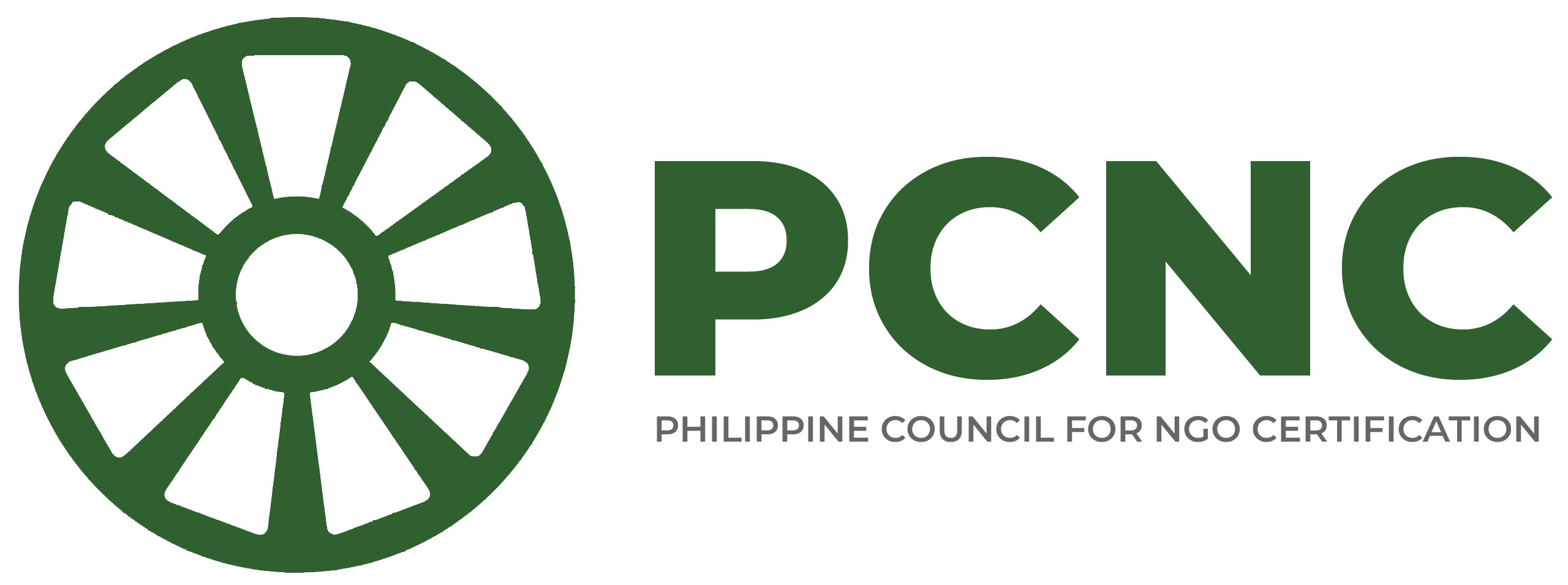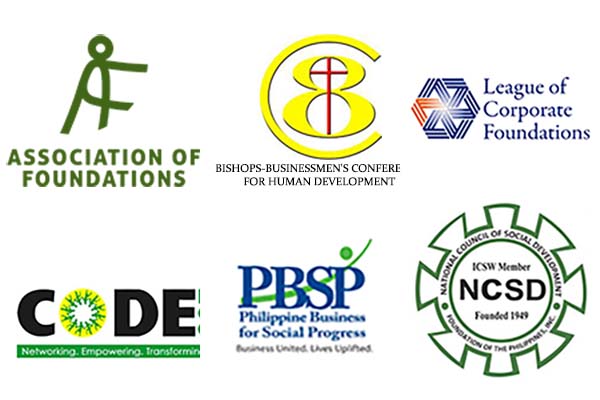The Philippine NGO sector has played a significant role in the history of social development work in the country. Existing in its earlier forms to fill the gaps in the government’s delivery of basic social services, NGOs evolved into alternative venues for political participation and social action. In an atmosphere of synergy and complementation following the 1986 EDSA Revolution, the government and the NGO sector have come to establish a collaborative relationship characterized by convergence of goals and the sharing of resources.
With the aim of uplifting the condition of the marginalized sectors, NGOs are able to deliver meaningful services to the people through their various programs and projects. This resulted in the recognition of the contribution of NGOs in national development as enshrined in the 1987 Constitution and fleshed out in the Local Government Code of 1991. The latter institutionalized the NGOs’ participation in governance by giving them representation in local and national consultations on important issues and development plans and programs. This led to the spectacular rise in the number of NGOs in the country.
While this development was welcomed by various sectors including government and international development agencies, it was also exploited by some enterprising and political groups that carry agenda other than genuine social development. The mushrooming of NGOs raised concerns about the ability of the government to regulate all these organizations and ensure that resources channeled to them are actually being used for their declared goals and objectives.
For its part, the NGO community has been taking steps to somehow regulate itself to protect its integrity and credibility. A Covenant on Philippine Development was ratified in December 1991 through the initiatives of the Caucus of Development NGO Networks (CODE-NGO). The Covenant serves as a Code of Conduct for NGOs.


